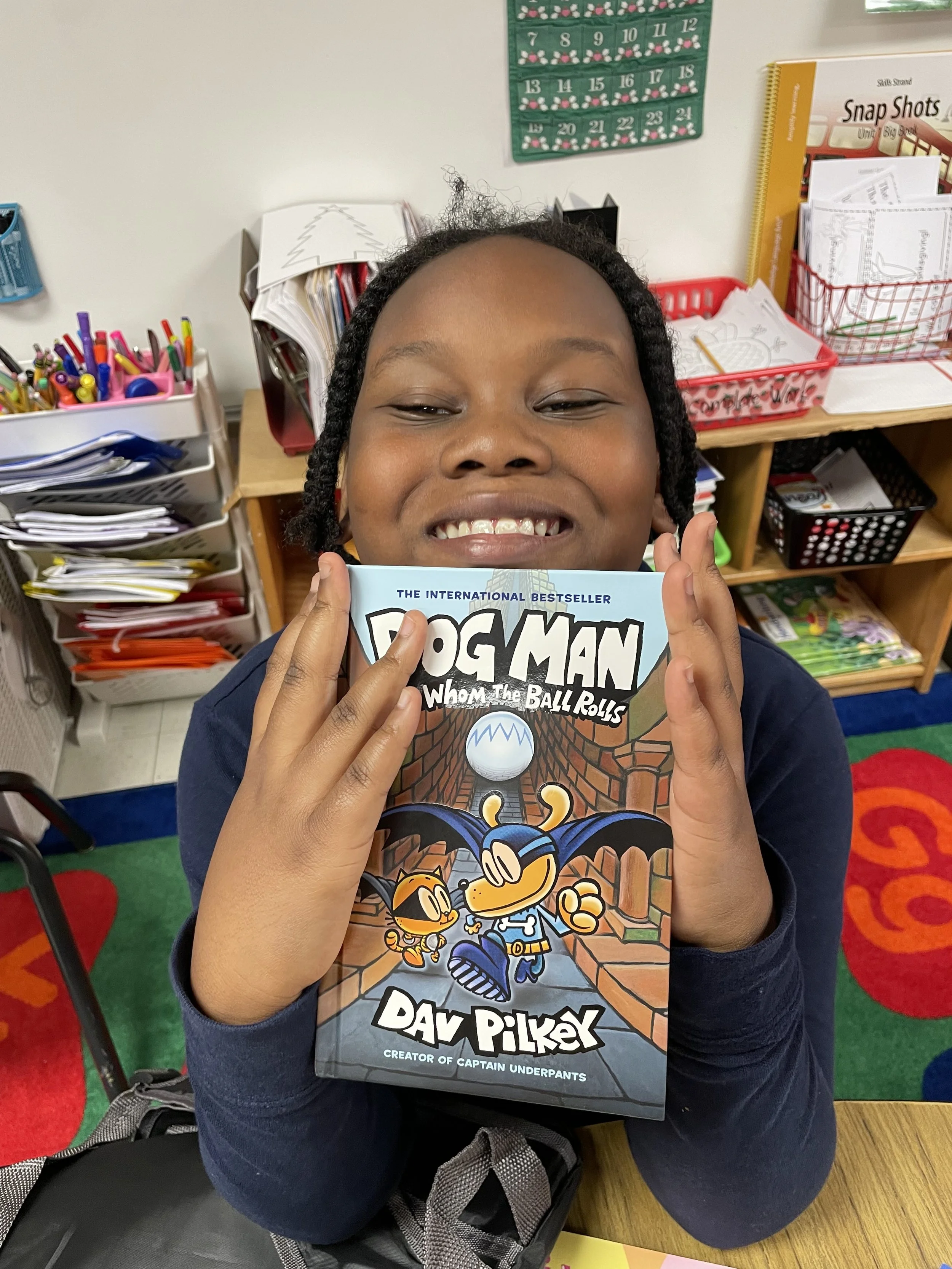Choice is Essential: Not Just for Reading Books but for Comprehension Activities as Well
Are you a bedtime reader, a rainy-day reader, or a vacation-on-the-beach reader? Imagine this: just as you pull up the covers and settle in with your favorite book, you're assigned a book of no interest to you. Rather than reading the book on your nightstand, you're required to read a book you would never self-select. Children have even less tolerance for this absurd practice than adults. Inexperienced young readers need a rich supply of books they want to read and look forward to reading.
Why Book Choice Matters
1. Increased Motivation and Engagement: Allowing children to select books that interest them can significantly boost their motivation to read. Research shows that when children have a say in what they read, they are more likely to engage with the material and spend more time reading. This increased engagement leads to better comprehension and retention of information.
2. Improved Reading Skills: Choice in reading materials helps children develop stronger reading skills. When children read books they enjoy, they are more likely to challenge themselves with more complex texts over time. Studies have found that providing genuine choices increases students' effort and commitment to reading.
3. Personal Connection to Reading: When children choose their own books, they are more likely to find texts that reflect their own experiences and interests. This personal connection can make reading more meaningful and enjoyable. As literacy expert Jenni Aberli notes,
"Students need to read what they love and are interested in. Those choices should be texts that mirror their experiences and languages or provide windows into the lives of others".
A Real-Life Example: Blaine's Story
Blaine is the third-grade grandson of a good friend of mine. Mid-year of Blaine’s first-grade year, he decided he hated to read. “Reading is boring. Reading is hard,” he cried to his parents each night. I suggested Dav Pilkey’s Dog Man series, but his parents refused to give Blaine ‘comic books’ to read (The value of what’s referred to as ‘graphic novels’ these days will be addressed in a future post).
Blaine’s refusal to read caused him to fall farther and farther behind his classmates. Blaine’s lack of reading was now more than an academic concern; we now had a social issue on our hands.
Out of desperation, Blaine’s parents promised his home practice would only be books he chose himself. If the content was appropriate, Blaine was allowed to read it. Never would he be forced to read a book he didn’t want to read. That quickly changed.
To underscore the importance of student book choice, consider this powerful quote from renowned scholar and literacy advocate Maya Angelou:
“Any book that helps a child to form a habit of reading, to make reading one of his deep and continuing needs, is good for him.”
Incorporating book choice into reading practice is a simple yet powerful way to enhance reading skills and foster a love for reading. By giving all readers, not only children, the freedom to explore books that resonate with them, we can help them become more motivated, engaged, and proficient. Let's empower readers with the gift of choice and watch their reading soar.

